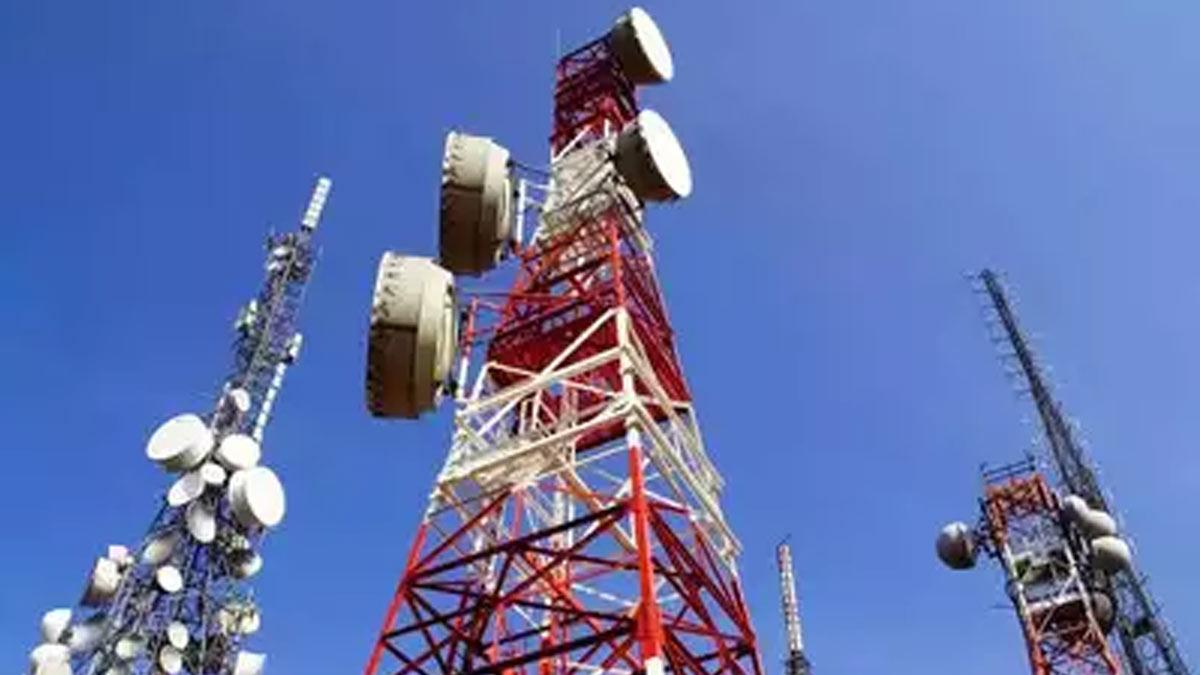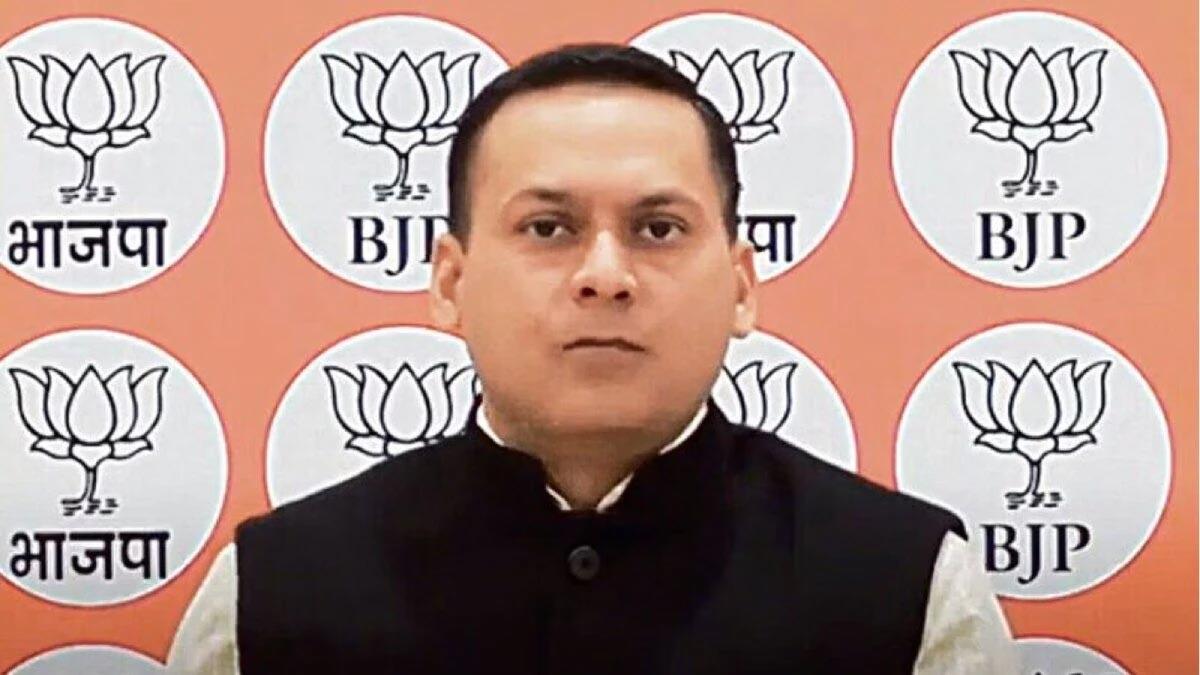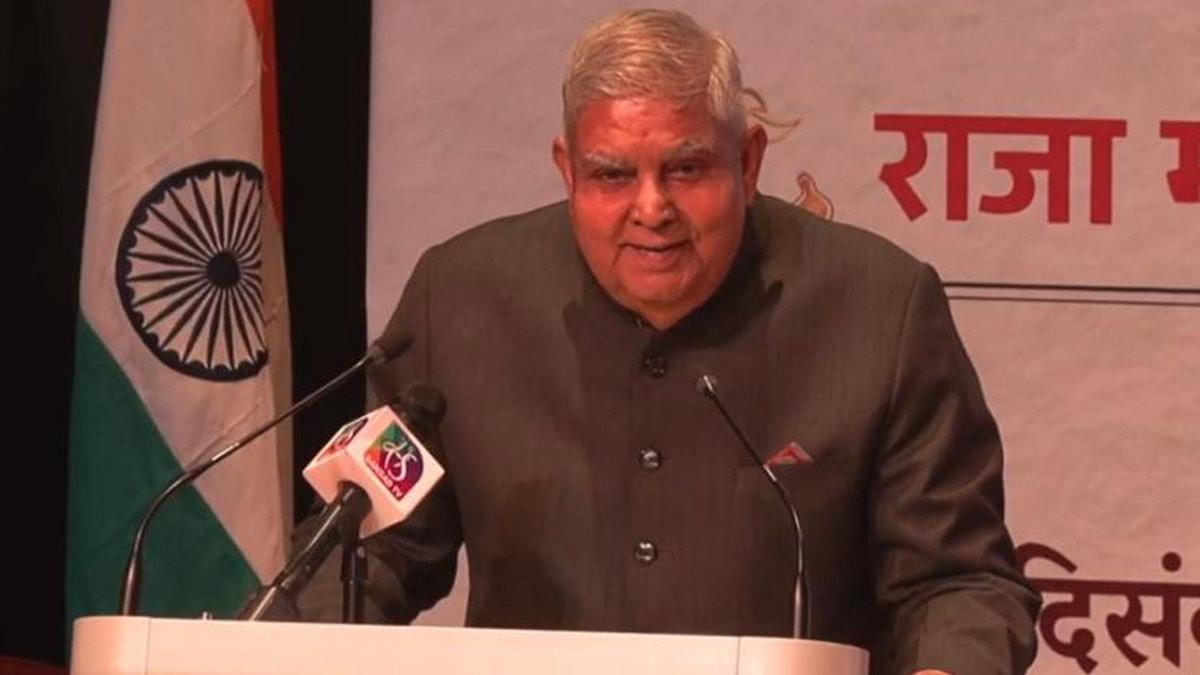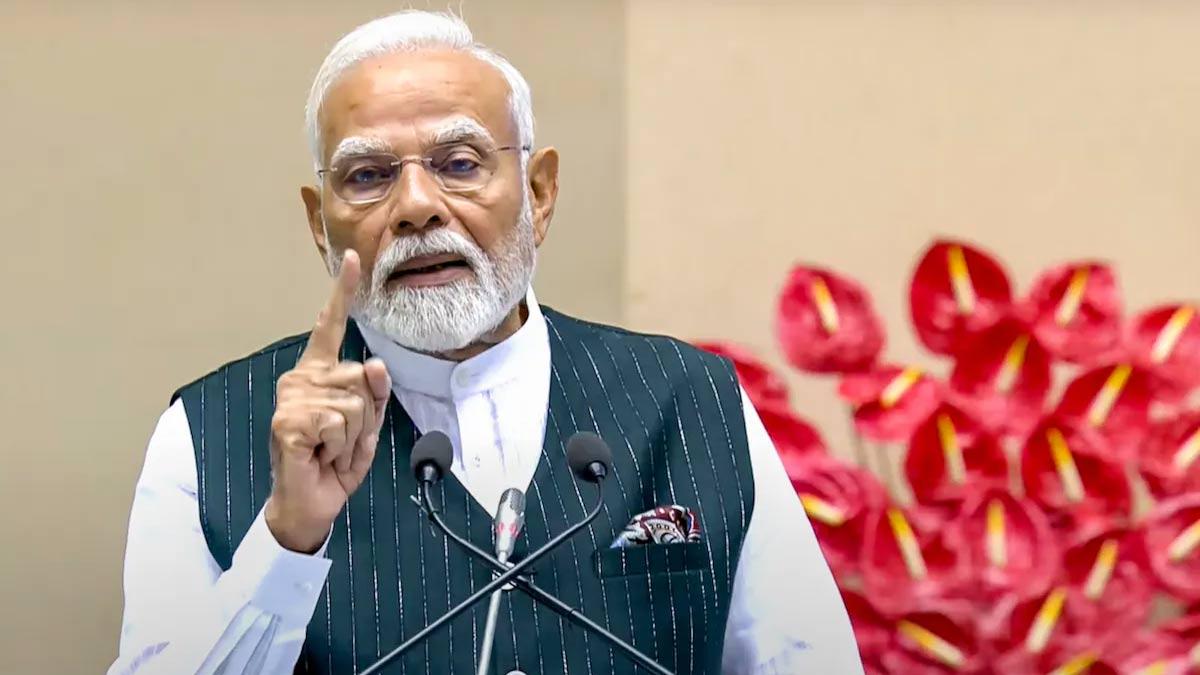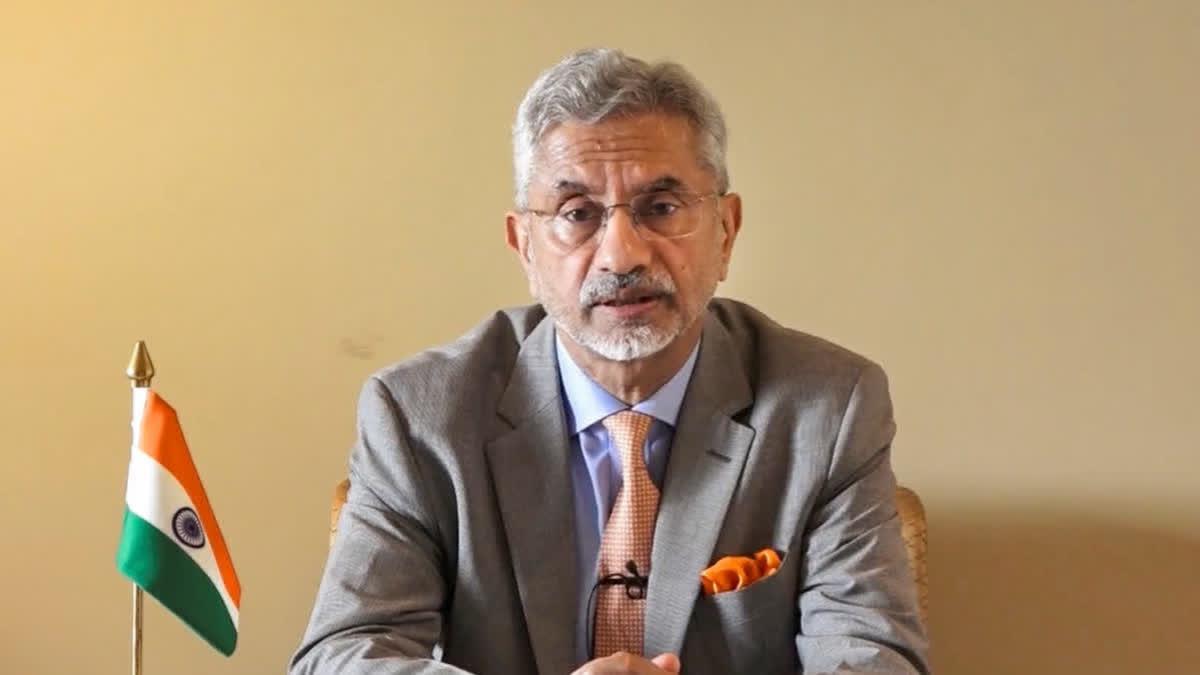The Indian government sought to emphasize on Friday that the country's mobile services market would be based upon open market principles of supply and demand, with three private telecom companies and one public sector player. Slashing criticism as misleading, it defended recent tariff hikes.
Responding to objections raised by the Congress party, the Ministry of Communications has explained that during the last two decades, the Telecom Regulatory Authority of India has adopted the principle of forbearance in respect of rates for mobile services. This, coupled with government policies and regulatory frameworks, safeguarded some of the lowest tariffs globally for Indian subscribers.
The ministry circulated a comparative analysis: Indian subscribers can rejoice at an average monthly cost of USD 1.89 for practically unlimited voice calls and 18 GB of data—rates substantially lower than those in markets like the US, Australia, the UK, and Russia.
"Thus, with three private sector players and one public sector player, the current mobile services market is ruled by the market dynamics of supply and demand," the ministry's statement affirmed.
It focussed on reaffirming the commitment of the government to the interests of subscribers; orderly growth of the sector; investments in advanced technologies such as 5G; and financially sustainable corporations.
"In the last two years alone, the telecom service providers have invested considerably in 5G infrastructure all across the country, leading to a remarkable rise in median mobile speeds to 100 Mbps and catapulting India's ranking in the international order from 111 to 15," the statement mentioned.
It said that the financial viability of the sector was a precondition for its growth and added that tariff reduction in the last 10 years was on account of progressive and pro-active policies of the government. It also referred to the transparent and efficient spectrum auction process, which contributed substantive non-tax revenue to the government.
The ministry, on the whole, said that tariff decisions are determined by the play of market forces through TRAI's regulatory mechanism and not by the government, which does not interfere with free market operations.
Read also | Former IAF Chief Stresses Apolitical Stance for Agniveers in Army
Read also | PM Modi Extends Congratulations to Starmer Following Labour Party's UK Election Victory

